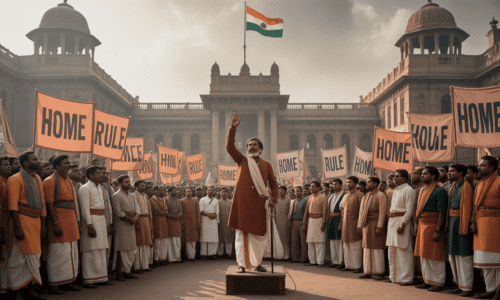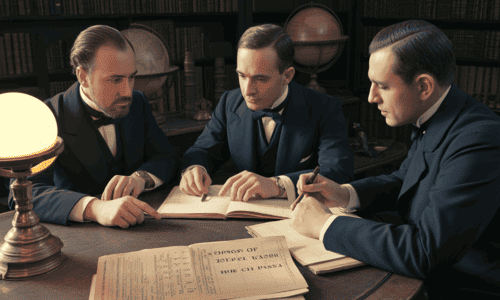|
Notable figures included W. C. Bonnerjee, Dadabhai Naoroji, Gopal Krishna Gokhale, and Surendranath Banerjee. |
Card: 2 / 30 |
|
Fill in the blank: The early nationalists primarily used ___ methods to express their demands. |
Card: 3 / 30 |
|
True or False: Early nationalists were fully aware of the actual conditions faced by the people in India. |
Card: 5 / 30 |
|
False. Many early nationalists were educated in England and were not fully aware of the actual conditions in India. |
Card: 6 / 30 |
|
What were the main beliefs of the early nationalists regarding British rule in India? |
Card: 7 / 30 |
|
Early nationalists had mixed beliefs.
|
Card: 8 / 30 |
|
They believed that British rule had positively influenced Indian society by banning harmful practices such as sati and female infanticide. |
Card: 10 / 30 |
|
Fill in the blank: The early phase of the Indian National Congress was from ___ to ___. |
Card: 11 / 30 |
|
Short Answer: What did early nationalists expect from the British government regarding self-rule? |
Card: 13 / 30 |
|
Fill in the blank: The slogan 'No taxation without representation' was advocated by early nationalists to demand ___ over the public purse. |
Card: 15 / 30 |
 Unlock all Flashcards with EduRev Infinity Plan Starting from @ ₹99 only
|
|
True or False: The early nationalists sought to increase military expenditures to support the welfare of the Indian people. |
Card: 17 / 30 |
|
False. They demanded to cut down on army expenditures and use the saved money for the welfare of the people. |
Card: 18 / 30 |
|
Multiple Choice: Which of the following was NOT a demand of the early nationalists? A) Representation in the Executive Council B) Abolition of the salt tax C) Increase in military ranks D) Separate judicial and executive branches. |
Card: 19 / 30 |
|
Fill in the blank: The early nationalists aimed to improve banking and irrigation facilities to benefit the ___ of the population. |
Card: 21 / 30 |
|
What methods did early nationalists in India use to educate the masses about their issues? |
Card: 23 / 30 |
|
Early nationalists educated the masses.
|
Card: 24 / 30 |
|
True or False: The early nationalists organized a British Committee of the Indian National Congress in 1889 to support British colonial policies. |
Card: 25 / 30 |
|
False. The committee was established to present India's case to the British public and critique colonial policies. |
Card: 26 / 30 |
|
To raise awareness about Indian issues and inform the British public and parliamentarians about the struggles faced by Indians. |
Card: 28 / 30 |
|
Multiple Choice: Which of the following was NOT a method used by early nationalists to influence the British government? A) Sending memorandums B) Writing books C) Organizing protests D) Criticizing policies through the press |
Card: 29 / 30 |






















